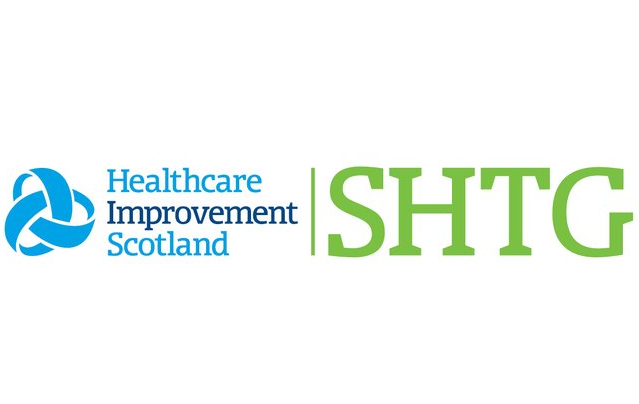What we looked at and why

SHTG recommendation
In response to enquiry from the Scottish Antimicrobial Prescribing Group and the British Society for Antimicrobial Chemotherapy.
What were we asked to look at
We were asked by the Scottish Antimicrobial Prescribing Group (SAPG) and the British Society for Antimicrobial Chemotherapy (BSAC) to provide advice on the use of outpatient parenteral antimicrobial therapy (OPAT) in Scotland. In addition to a review of the published evidence comparing OPAT with inpatient parenteral antimicrobial therapy, we were also asked to compare different models of care for delivery of OPAT services. In particular, we were asked to evaluate the cost effectiveness of OPAT service delivery models.
Why is this important
An estimated one in three hospital patients in the UK will receive an antimicrobial medication, often intravenously, to treat a serious infection. Intravenous antimicrobial therapy was once considered a barrier to hospital discharge, but patients can now complete their antimicrobial therapy as part of an OPAT service. Delivery of OPAT in the outpatient or community setting has many potential benefits including reduced risk of hospital-acquired infections, resource savings through reduced bed use, increased patient satisfaction, and care closer to home. A shift towards increased intravenous antimicrobial provision closer to the patients’ home also reduces the number of patients visiting or staying in hospitals during the current COVID-19 pandemic.